Home>Garden Essentials>How Long Does It Take Melons To Germinate
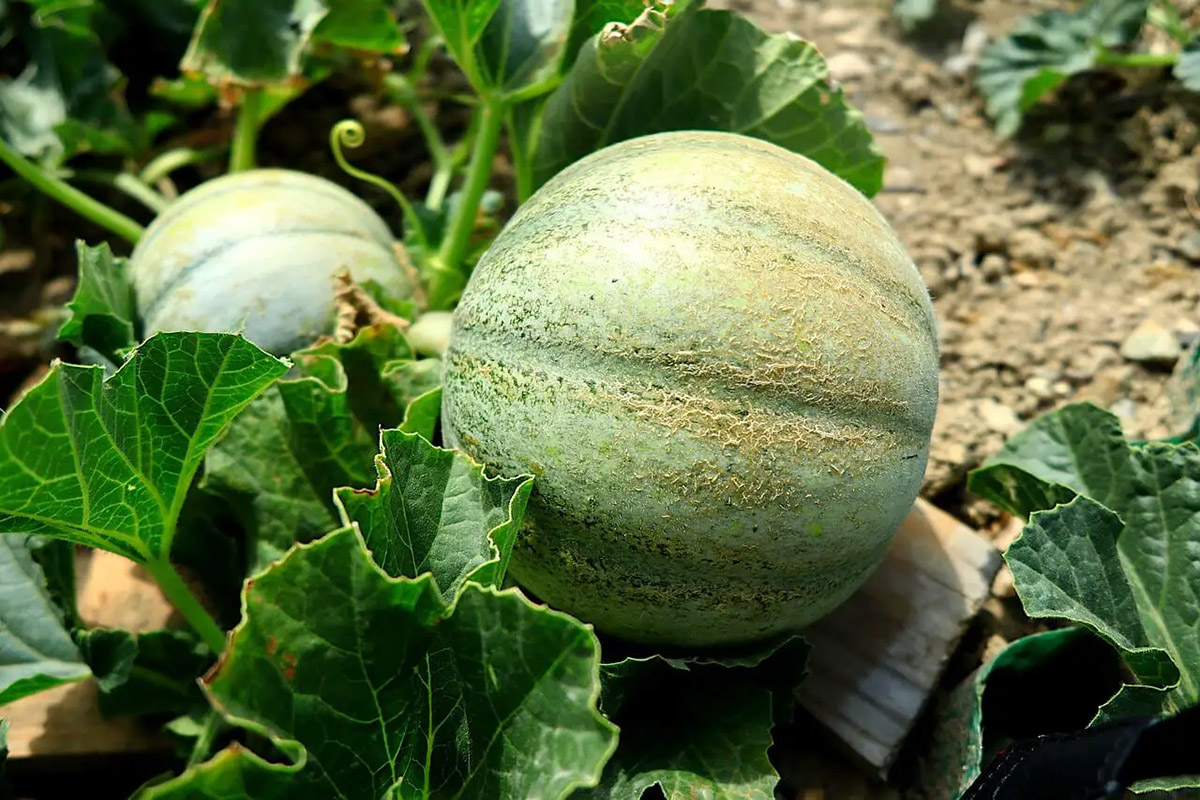

Garden Essentials
How Long Does It Take Melons To Germinate
Modified: October 21, 2024
Discover how long it takes melons to germinate in your garden and get ready to enjoy fresh and juicy homegrown fruits.
(Many of the links in this article redirect to a specific reviewed product. Your purchase of these products through affiliate links helps to generate commission for Storables.com, at no extra cost. Learn more)
Introduction
Welcome to the world of melon gardening! Whether you’re a beginner or a seasoned gardener, understanding the germination process of melons is essential for growing healthy and productive plants. Germination is the process by which a seed develops into a new plant, and in the case of melons, it marks the beginning of their growth journey.
In this article, we will dive into the fascinating world of melon germination. We will explore the factors that affect germination time, discuss the optimal conditions for successful germination, and provide methods to speed up the process. Additionally, we will address common challenges that gardeners often face when germinating melon seeds. By the end of this article, you will have all the knowledge you need to successfully germinate melon seeds and see them flourish in your garden.
Before we delve into the specifics of melon germination, it’s important to understand that different melon varieties may have varying germination characteristics. Some melons may germinate quickly, while others may take longer. The germination time can also be affected by external factors such as temperature, moisture, and light conditions. So let’s explore these factors in more detail.
Key Takeaways:
- Melon seeds need warmth, moisture, and darkness to sprout. Different varieties have different germination times, so be patient and provide the right conditions for successful growth.
- To speed up melon seed germination, try pre-soaking, providing warmth, and ensuring consistent moisture. Be mindful of common challenges like poor seed quality and overcrowding for successful growth.
Read more: How Long Does It Take For Mint To Germinate?
Factors Affecting Melon Germination
Several key factors influence the germination of melon seeds. By understanding and managing these factors, gardeners can optimize the conditions for successful and timely germination. Let’s take a closer look at the factors that play a role in melon germination:
- Temperature: Melon seeds sprout best in warm soil, typically between 70-85°F (21-29°C). Cooler temperatures can significantly prolong the germination process or even inhibit it. However, it’s important to note that different melon varieties may have specific temperature requirements, so always refer to the seed packet or variety-specific guidelines.
- Moisture: Adequate moisture is crucial for melon seed germination. Keeping the soil consistently moist, but not waterlogged, is essential. Dry or overly saturated soil can impede germination or cause the seeds to rot. Regular watering and using well-draining soil can help maintain ideal moisture levels.
- Light: Melon seeds do not require light to germinate and thrive. In fact, they prefer darkness during the germination process. Planting the seeds at the recommended depth (usually 1/2 to 1 inch) ensures they are adequately covered and shielded from light.
- Seed Quality: The quality and viability of the melon seeds are critical for successful germination. Always choose fresh and high-quality seeds from reputable sources. Older or low-quality seeds may have reduced germination rates or fail to sprout altogether.
- Seed Scarification: Some melon varieties have hard seed coats that can impair germination. Scarification, which involves gently nicking or softening the seed coat, can aid in breaking the dormancy and promote quicker sprouting. It is advisable to research specific varieties and their recommended scarification methods.
- Seed Depth: Planting melon seeds at the appropriate depth is important to ensure proper moisture absorption and germination. As mentioned earlier, a depth of 1/2 to 1 inch is generally recommended.
By considering these factors and adjusting the growing conditions accordingly, gardeners can significantly improve the germination success rate of their melon seeds. However, it’s worth noting that different melon varieties may have unique requirements, so it is always beneficial to refer to variety-specific guidelines.
Germination Time of Different Melon Varieties
Melon varieties exhibit variations in their germination time, with some sprouting quicker than others. Understanding the typical germination period of different melon varieties can help gardeners plan their planting schedule and manage their expectations. Here are a few examples of melon varieties and their average germination time:
- Charentais: This popular French heirloom melon variety is known for its luscious sweetness and aromatic flavor. Charentais melon seeds usually germinate within 7-10 days under optimal conditions.
- Watermelon: This refreshing summer fruit comes in various cultivars, each with its own germination characteristics. Generally, watermelon seeds can germinate in 7-14 days, but some varieties may take up to 2 weeks.
- Cantaloupe: Also known as muskmelon, cantaloupe seeds typically germinate within 7-10 days. They are favored for their juicy, sweet, and fragrant flesh.
- Honeydew: Honeydew melon seeds usually sprout within 7-12 days. These melons are renowned for their succulent green flesh and subtle sweetness.
- Sugar Baby: This smaller-sized watermelon variety is beloved for its sweet flavor and compact growth habit. Sugar Baby melon seeds typically germinate within 7-10 days.
It’s worth noting that germination time can vary based on several factors, including temperature, moisture, and seed quality. Providing optimal conditions and maintaining consistent care can help promote faster and more uniform germination across different melon varieties.
While these are just a few examples of melon varieties and their average germination time, it’s important to consult specific variety guidelines and seed packets for accurate information. Additionally, keep in mind that individual germination rates can vary due to environmental conditions and the age of the seeds.
Now that we’ve explored the germination time of different melon varieties, let’s move on to understanding the optimal conditions required for successful melon germination.
Optimal Conditions for Melon Germination
Creating the right environment for melon germination is crucial to ensure healthy seed sprouting and robust plant growth. By providing optimal conditions, gardeners can maximize the germination success rate and promote the development of vigorous melon seedlings. Here are the key factors that contribute to the optimal conditions for melon germination:
- Temperature: Melon seeds thrive in warm temperatures, typically ranging between 70-85°F (21-29°C). Maintaining a consistent and suitable temperature throughout the germination period is essential. Providing a warm and controlled environment, such as using a germination heat mat or placing containers in a warm area, can help accelerate germination.
- Moisture: Adequate moisture is critical for successful melon germination. Ensure the soil is consistently moist, but not waterlogged, throughout the germination process. Regularly check the soil moisture level and adjust watering accordingly. Using a misting spray bottle can help prevent overwatering and ensure gentle hydration for the seeds.
- Air Circulation: Good air circulation is important during the germination process to prevent the growth of mold or fungi. Avoid overcrowding the seedlings and provide space between containers or planting rows. Additionally, using a small fan set on low can help promote airflow and minimize the risk of fungal diseases.
- Light: While melon seeds do not require light to germinate, they do need it for growth once they emerge. Once the seedlings have sprouted, provide them with 12-16 hours of bright light each day. Placing them near a south-facing window or using grow lights can ensure they receive adequate light for healthy growth.
- Well-Draining Soil: Melon seeds prefer well-draining soil to prevent waterlogging and root rot. Use a loose and fertile soil mixture with good drainage properties. Adding organic matter, such as compost or aged manure, can improve soil structure and drainage capabilities.
- Covered Planters: To create a warm and humid environment, covering the planters with a plastic dome or using a humidity dome can help retain moisture and heat. This can promote faster germination and create a microclimate ideal for seedling growth.
By carefully managing these optimal conditions, you can set the stage for successful melon germination. However, keep in mind that different melon varieties may have specific requirements, so always refer to variety-specific guidelines for the best results. Providing the right conditions for germination lays a strong foundation for healthy melon plants and a bountiful harvest.
Next, we will explore methods that can be implemented to speed up the melon germination process.
Melons typically take 4-7 days to germinate when planted in warm soil with temperatures around 70-90°F. Keep the soil consistently moist but not waterlogged to help speed up the germination process.
Methods to Speed Up Melon Germination
For gardeners eager to see their melon seeds sprout and start growing, there are several methods that can help speed up the germination process. These techniques can help expedite the time it takes for the seeds to emerge and create favorable conditions for faster germination. Here are some methods to consider:
- Pre-Soaking: Pre-soaking melon seeds in warm water for 24 hours before planting can help soften the seed coat and promote faster germination. This method is particularly beneficial for seeds with hard outer shells or those that require scarification.
- Warm Environment: Providing a warm environment can accelerate germination. Using a germination heat mat or placing containers in a consistently warm area, such as near a radiator or on top of the refrigerator, can help speed up the germination process.
- Scarification: Some melon seeds have hard coats that can inhibit germination. Scarifying the seeds, which involves gently nicking or filing the seed coat, can help break dormancy and enhance germination rates. Make sure to research the specific requirements for scarification of different melon varieties.
- Seed Treatment: Treating melon seeds with a seed inoculant or a beneficial microorganism solution before planting can improve germination rates and enhance seedling vigor. These treatments can introduce beneficial bacteria and fungi that aid in nutrient uptake and overall plant health.
- Planting Time: Planting melon seeds when the soil and weather conditions are optimal can give them a head start. Waiting for the soil to warm up in spring and choosing a period with stable temperatures can provide favorable conditions for quick germination.
- Proper Watering: Providing consistent moisture without overwatering is crucial for melon germination. Water the soil evenly and regularly, keeping it moist but not saturated. Using a misting spray bottle can ensure gentle hydration and prevent waterlogging.
It’s important to note that while these methods can help speed up melon germination, they may not guarantee immediate sprouting. Germination is still a natural process influenced by various factors, and individual seed viability can vary. However, implementing these techniques can improve the chances of faster and more uniform germination.
While the goal is to speed up germination, it’s essential to maintain a balance and not rush the process. Providing optimal conditions and allowing nature to take its course ultimately ensures healthy and vigorous seedlings.
Next, let’s address some common challenges that gardeners may encounter during melon germination.
Read more: How Long Does It Take Millet To Germinate
Common Challenges in Melon Germination
While melon germination is generally straightforward, gardeners may encounter some common challenges along the way. Identifying and addressing these challenges can help ensure a successful germination process. Here are a few issues that gardeners may face when germinating melon seeds:
- Poor Seed Quality: Using low-quality or old melon seeds can result in low germination rates. To maximize success, always choose fresh and high-quality seeds from reputable sources. Checking the seed viability date on the seed packet can help ensure you’re using seeds that are still viable.
- Inconsistent Moisture: Melon seeds require consistent moisture for optimal germination. Overwatering or allowing the soil to dry out can lead to poor germination rates or seedling failure. Keep the soil consistently moist, but not waterlogged, throughout the germination process.
- Improper Temperature: Melon seeds prefer warm soil for germination. Planting them in soil that is too cold or experiencing temperature fluctuations can significantly prolong germination or prevent it altogether. Ensure that the soil temperature remains within the recommended range for the specific melon variety.
- Insufficient Light: While melon seeds don’t require light for germination, they do need adequate light once they emerge. Insufficient light can result in weak and leggy seedlings. Provide 12-16 hours of bright light each day to promote healthy growth.
- Pest and Disease Pressure: Melon seeds and seedlings are susceptible to various pests and diseases, such as damping-off, aphids, and cucumber beetles. These can weaken or destroy germinating seeds. Implement preventive measures, such as using sterile soil and regularly inspecting plants for signs of pests or diseases.
- Seedling Crowding: Planting melon seeds too closely together can lead to overcrowded seedlings, poor air circulation, and increased chances of disease. Give each seedling enough space to grow and develop properly. Transplant or thin out seedlings if they become overcrowded.
By being aware of these common challenges and taking steps to prevent or address them, you can greatly increase the success rate of melon germination. Paying attention to seed quality, providing optimal growing conditions, and practicing good garden hygiene can help overcome these challenges and ensure healthy melon seedlings.
Now that we’ve addressed the common challenges, let’s conclude our article with a summary.
Conclusion
Growing melons from seed can be a rewarding and exciting experience for gardeners. Understanding the germination process and implementing the right techniques can significantly improve the chances of successful germination and healthy seedling development.
We explored the factors that affect melon germination, such as temperature, moisture, light, seed quality, scarification, and seed depth. By optimizing these factors, gardeners can create ideal conditions for melon seeds to sprout and thrive.
We also discussed the germination time of different melon varieties, highlighting the average time it takes for various melon seeds to germinate. While germination times may vary, being familiar with these general estimates can help gardeners plan and manage their planting schedule.
Providing optimal conditions for melon germination, including a warm environment, proper moisture levels, good air circulation, and appropriate lighting, is crucial. These conditions ensure that the germination process proceeds smoothly and that the seedlings develop into healthy plants.
To expedite the germination process, gardeners can utilize methods such as pre-soaking, warm environments, scarification, seed treatment, and planting at the right time. These techniques can give melon seeds a boost and help them sprout faster.
However, it’s important to be aware of common challenges that can arise during melon germination. These challenges include poor seed quality, inconsistent moisture, improper temperature, insufficient light, pest and disease pressure, and seedling crowding. By addressing these challenges, gardeners can overcome potential obstacles and increase the chances of successful germination.
In conclusion, by understanding the factors that affect melon germination, providing optimal conditions, and addressing common challenges, gardeners can set themselves up for success. With patience and care, you can enjoy the delight of watching your melon seeds sprout, grow, and eventually produce delicious fruits that are the result of your green thumb and dedication.
So roll up your sleeves, gather your melon seeds, and get ready to embark on a fruitful melon-growing journey!
Frequently Asked Questions about How Long Does It Take Melons To Germinate
Was this page helpful?
At Storables.com, we guarantee accurate and reliable information. Our content, validated by Expert Board Contributors, is crafted following stringent Editorial Policies. We're committed to providing you with well-researched, expert-backed insights for all your informational needs.
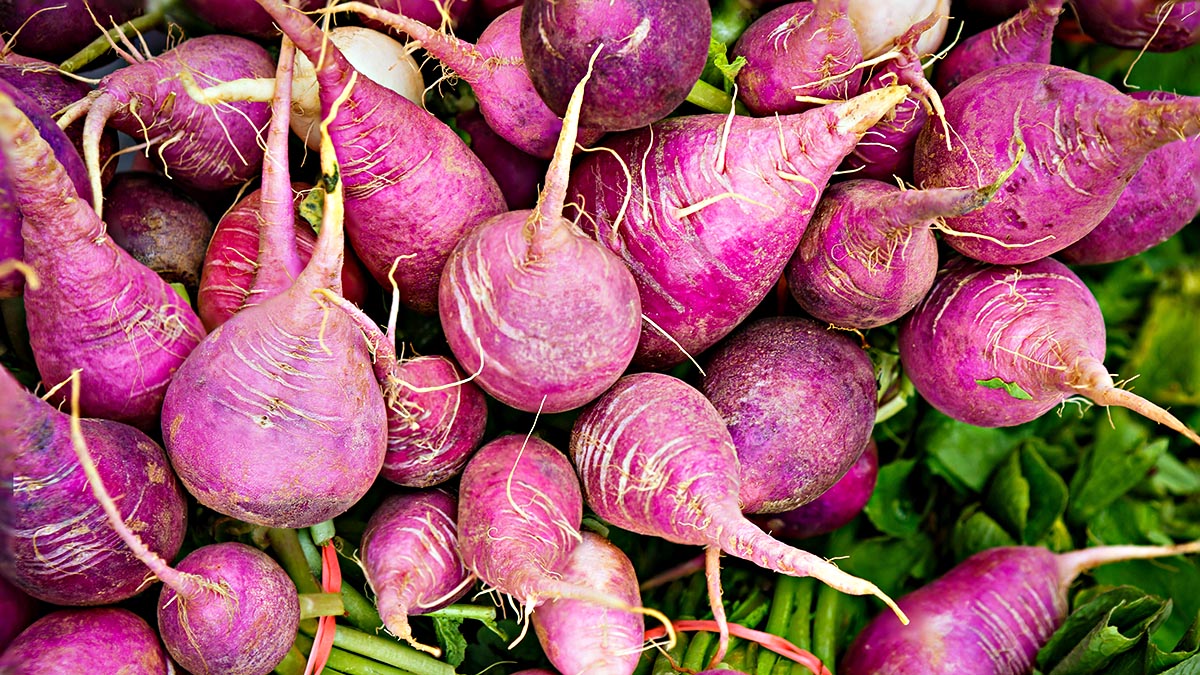
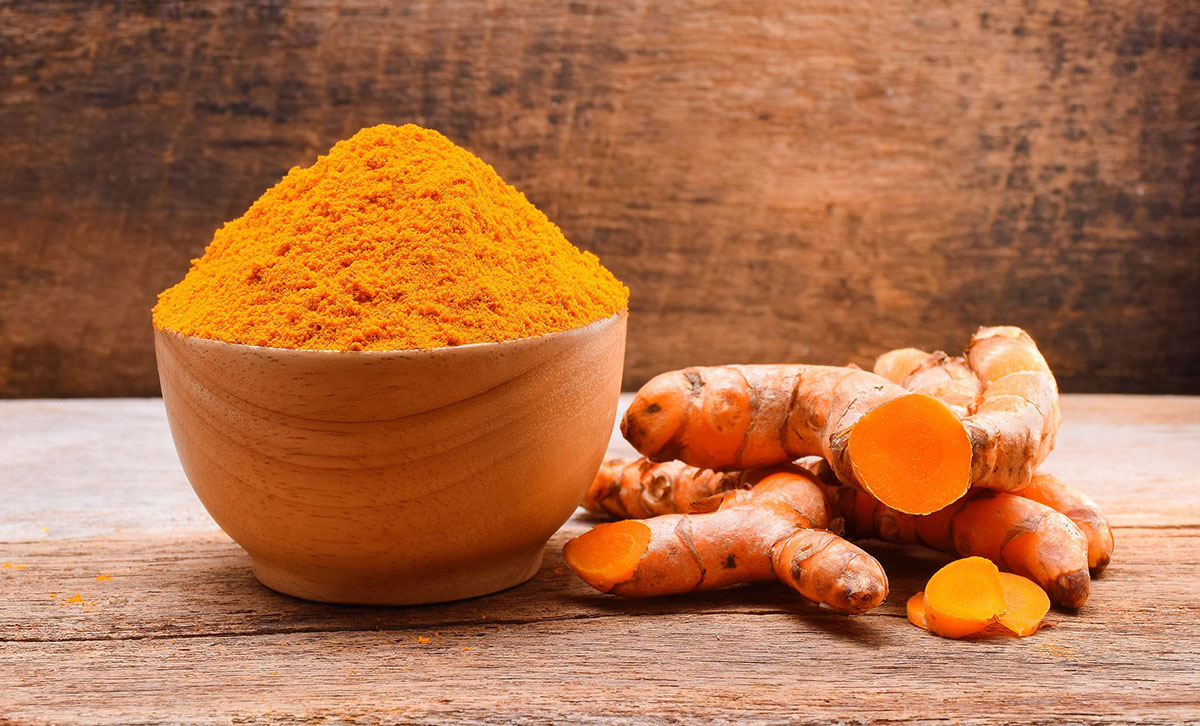
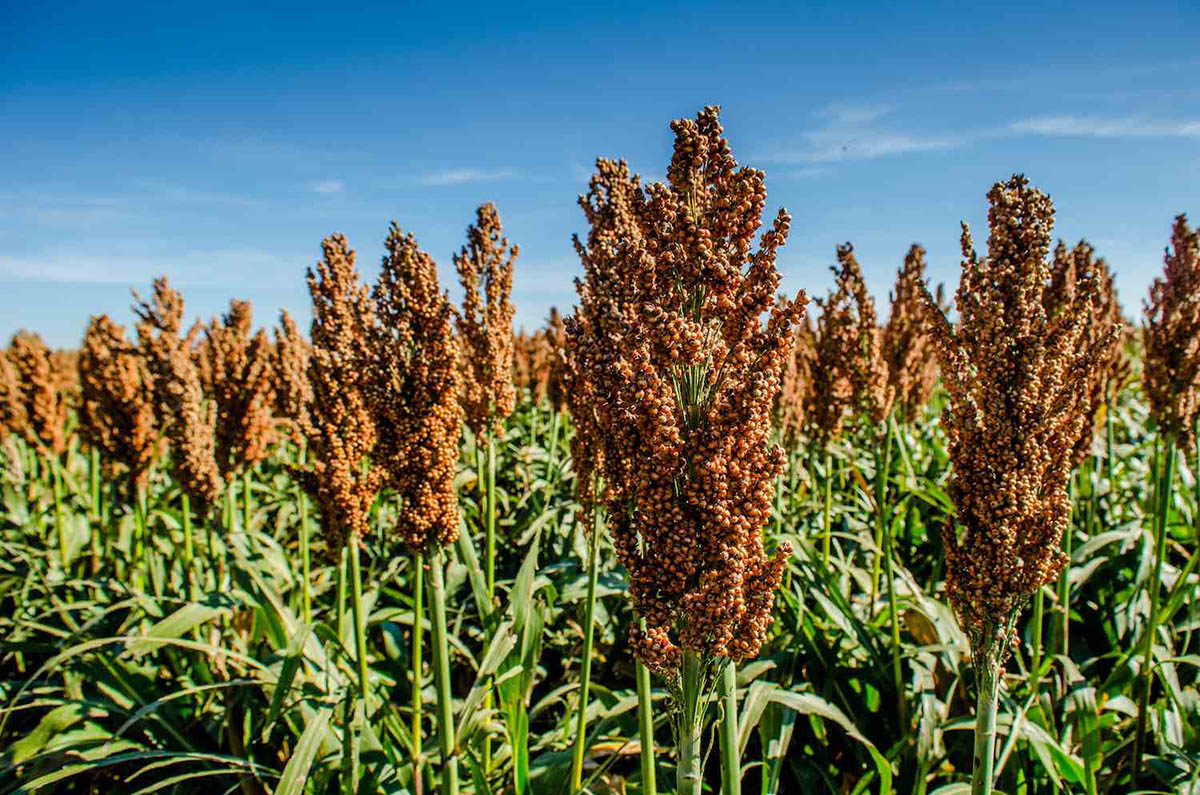
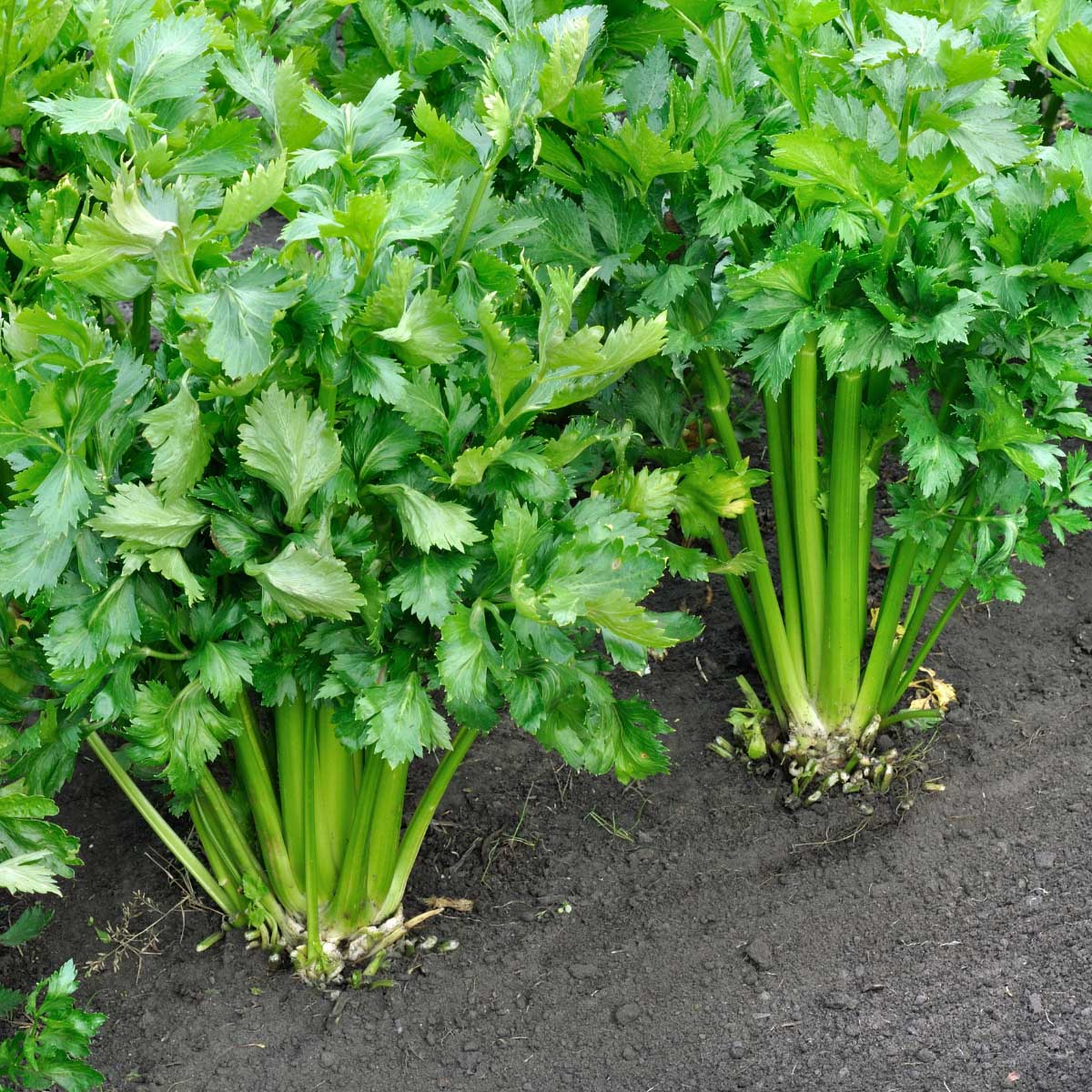
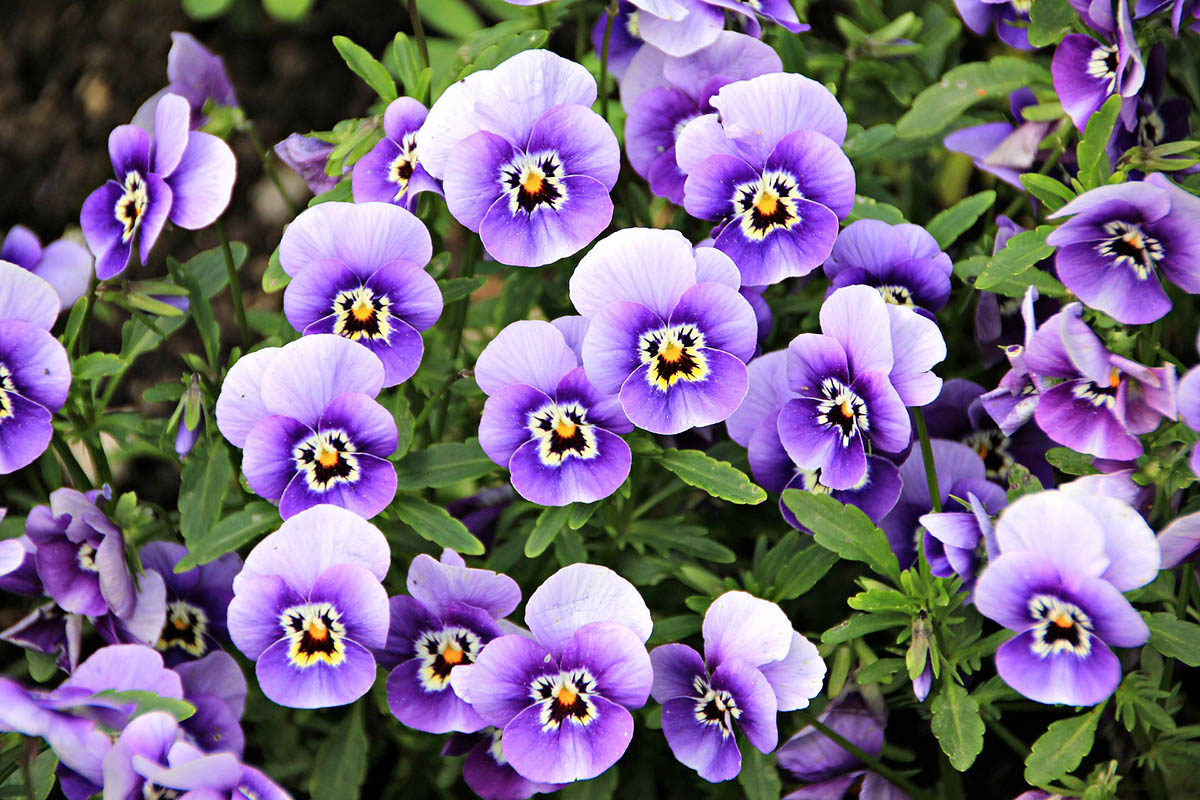
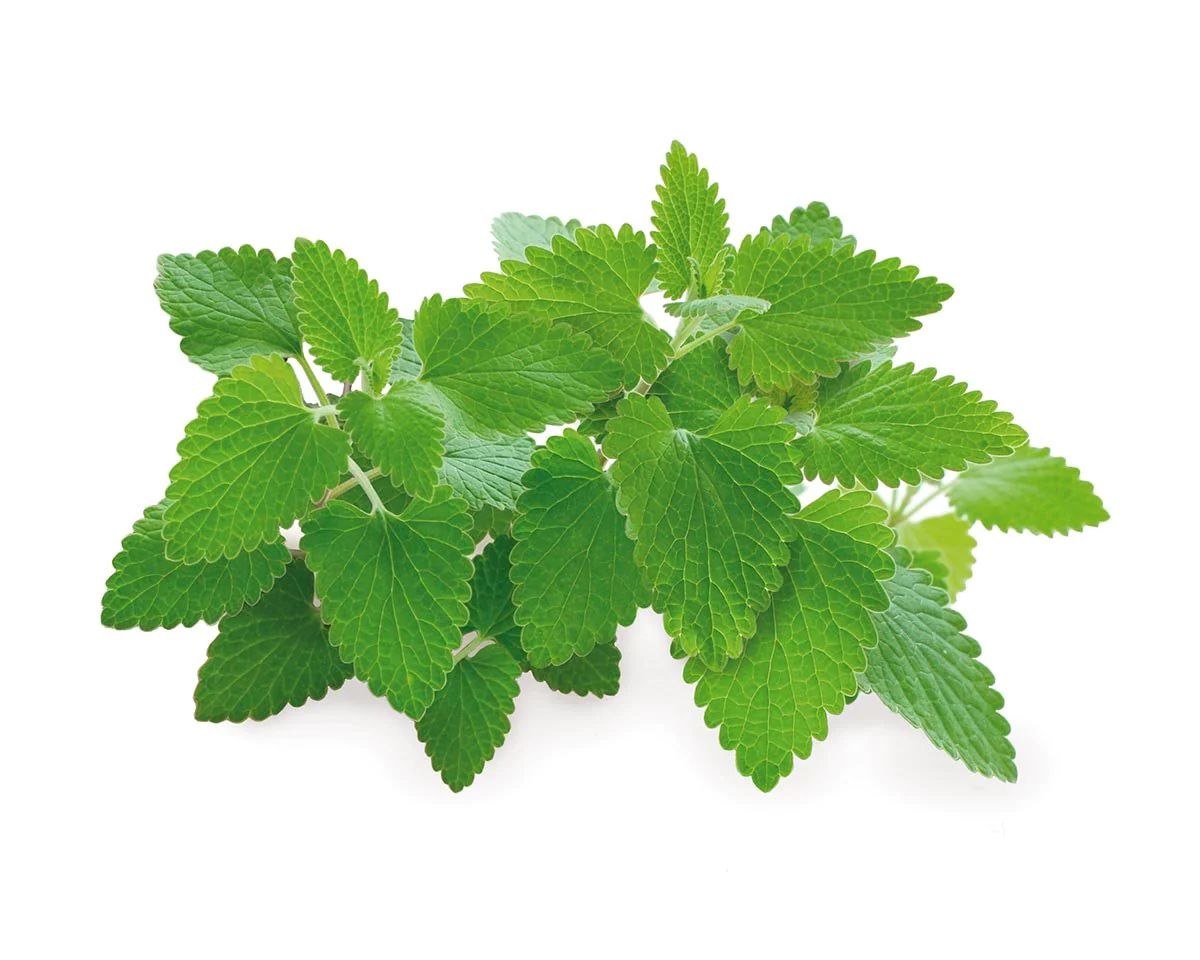
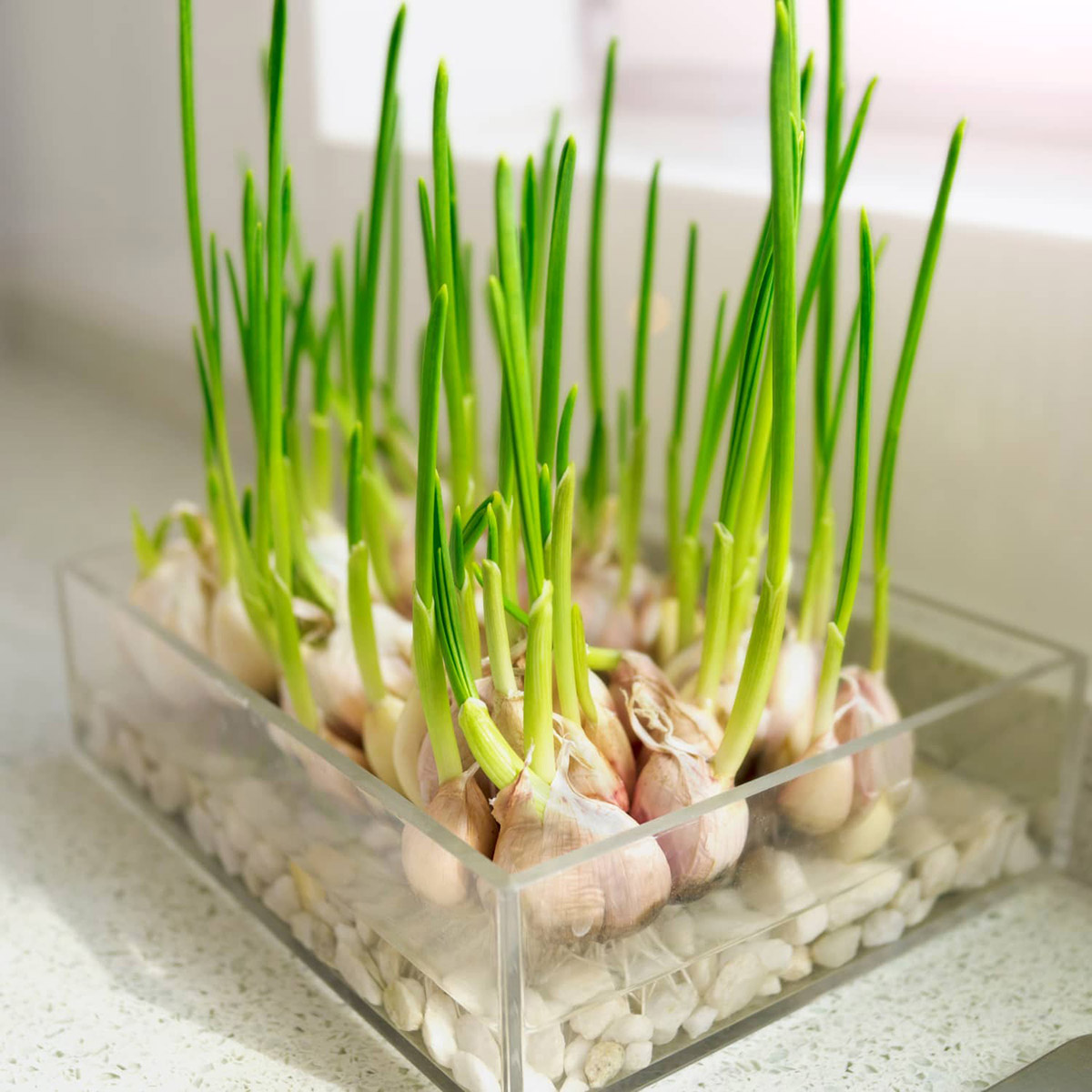
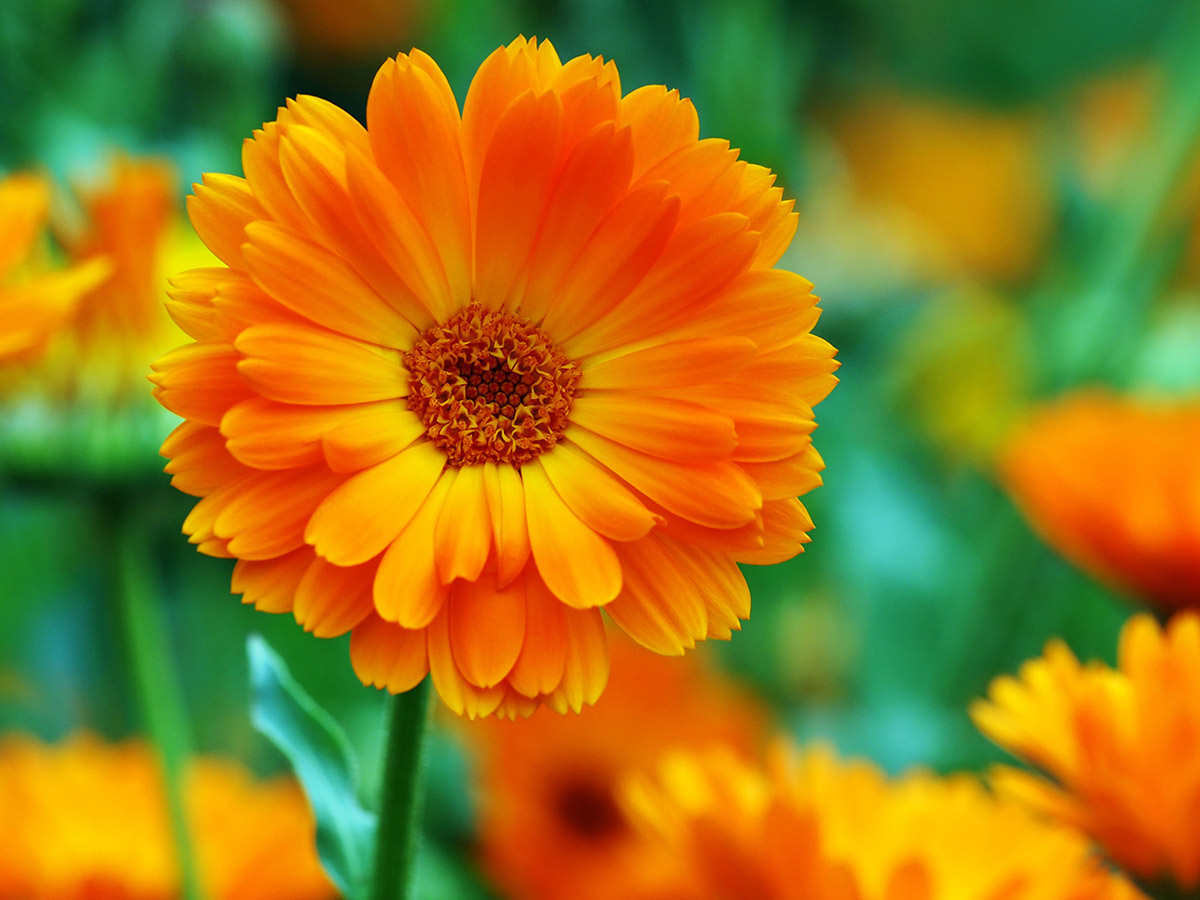
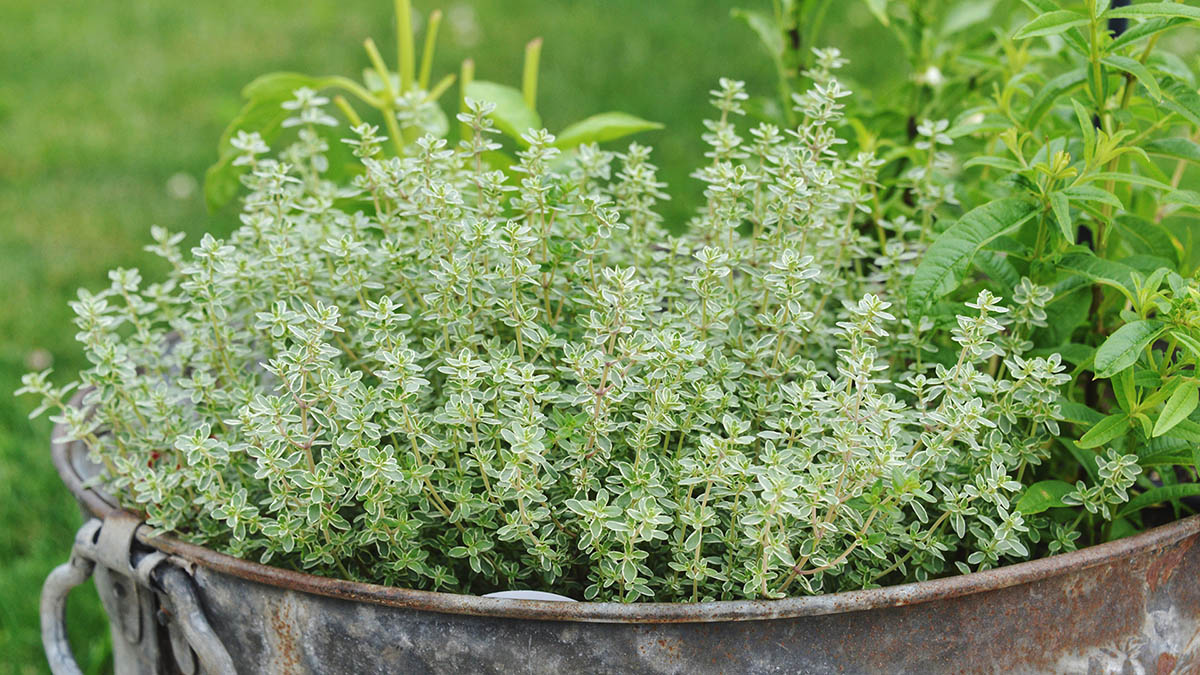
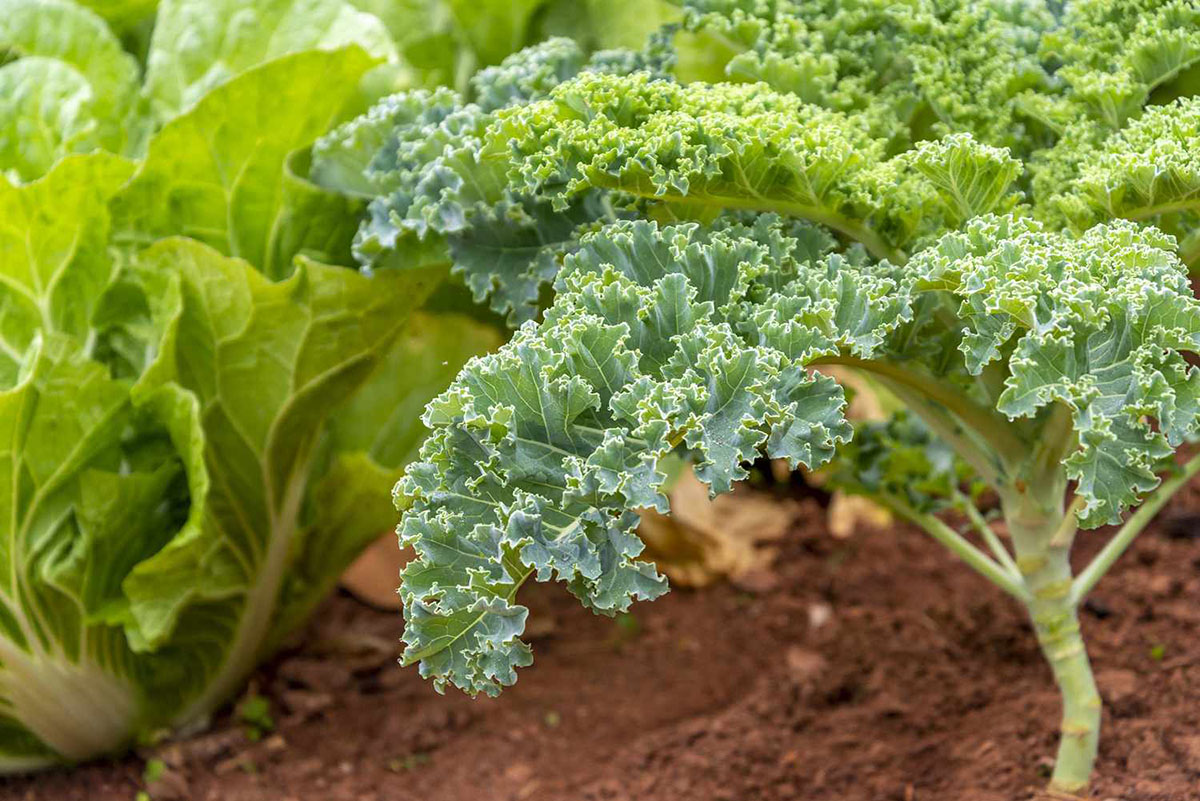
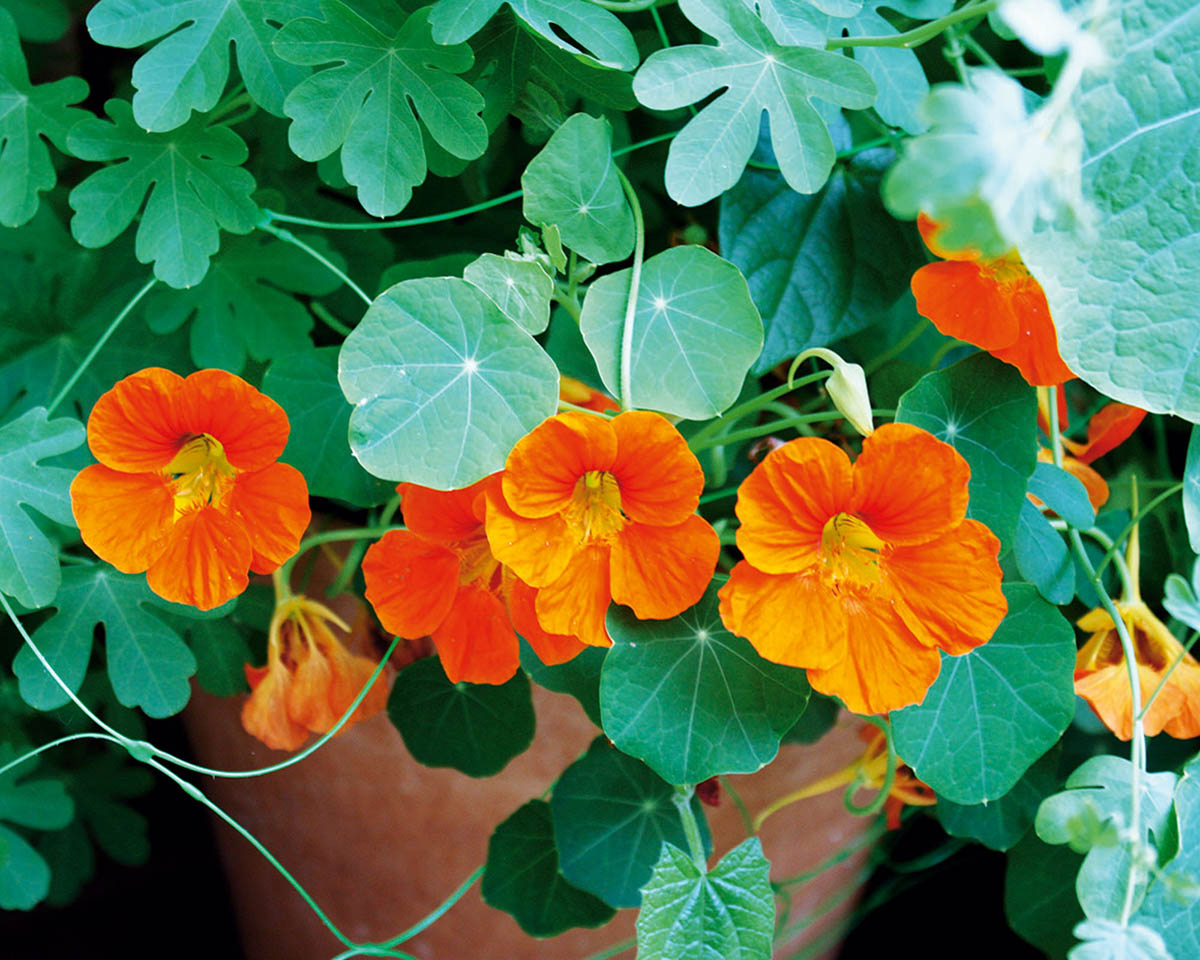
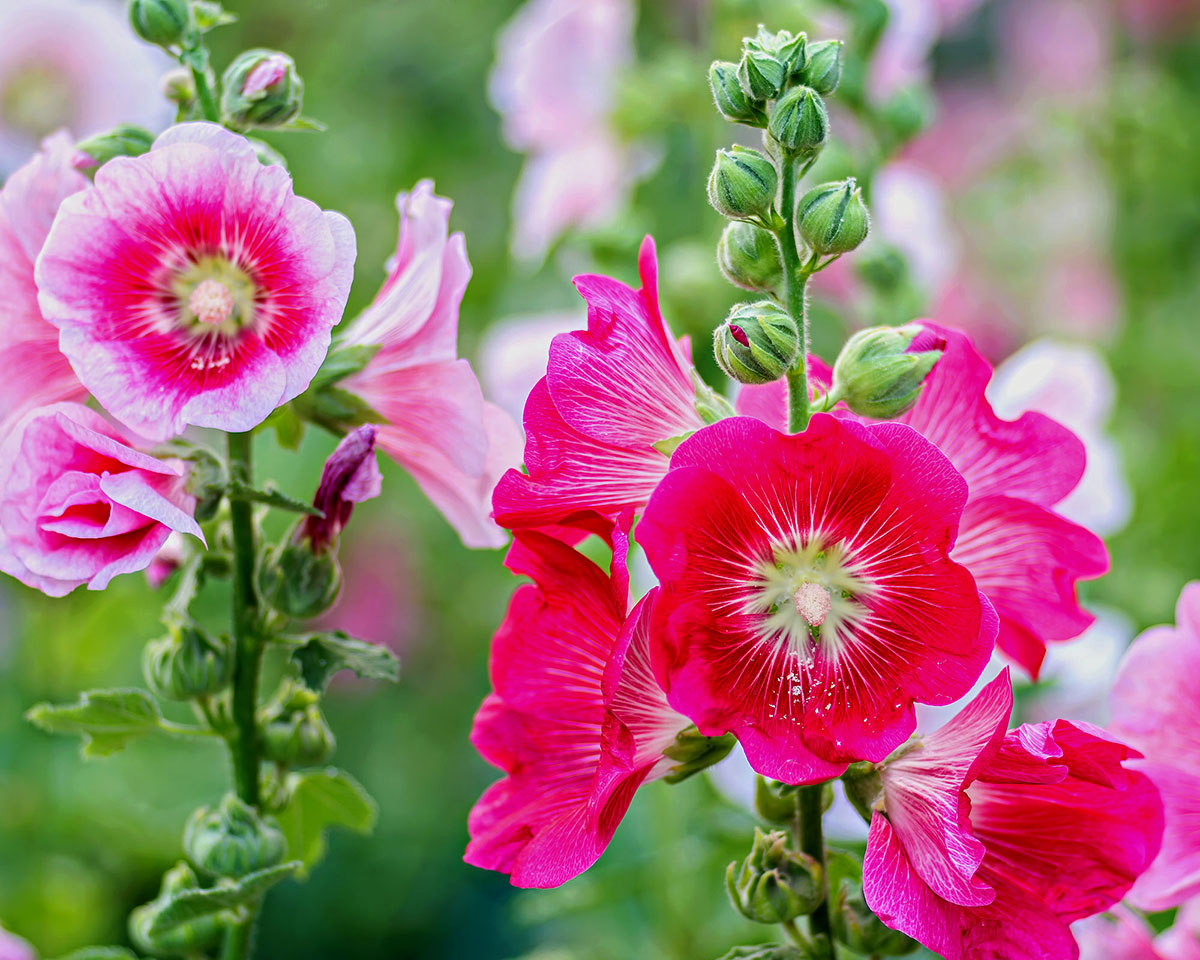
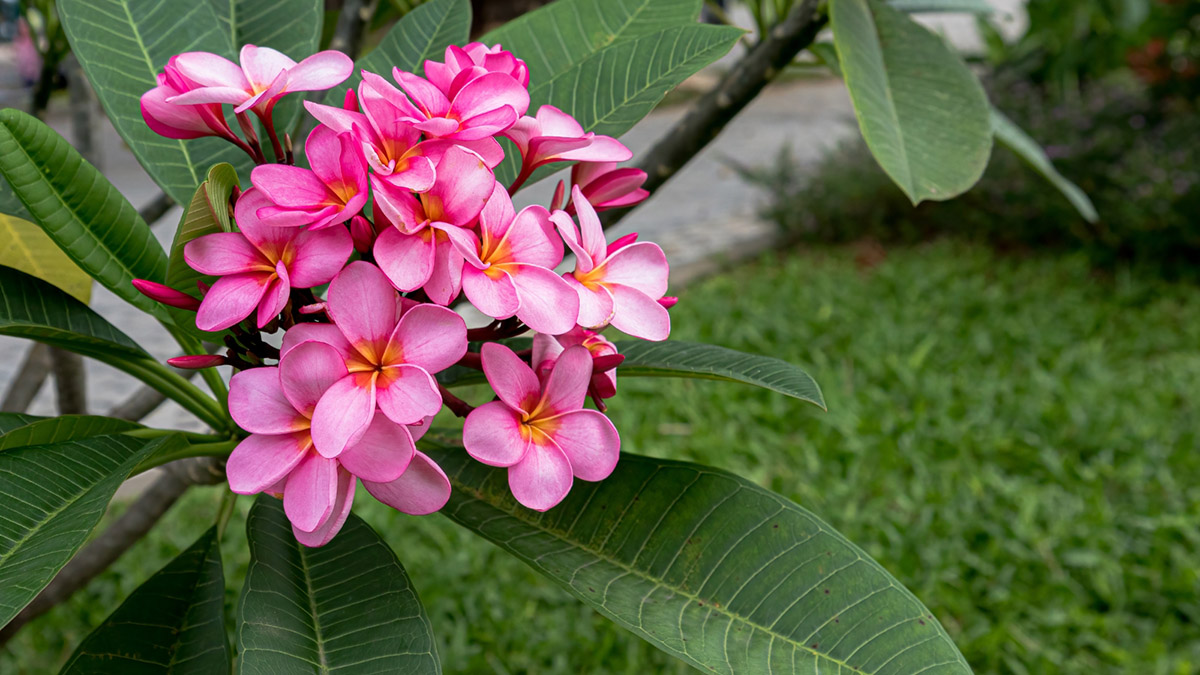
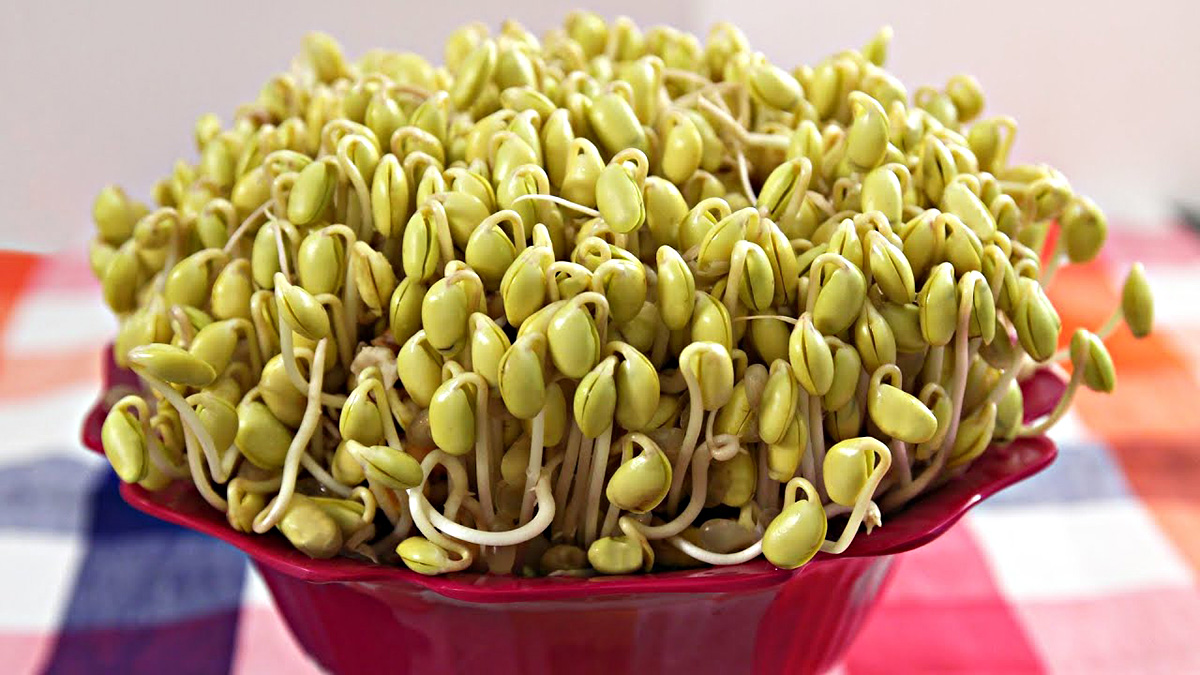

0 thoughts on “How Long Does It Take Melons To Germinate”